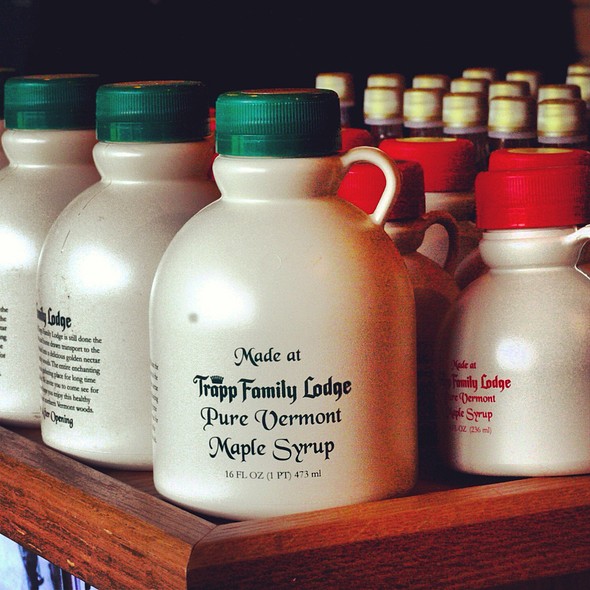Hiking Morne Trois Pitons National Park in Dominica
“Follow me closely,” says our guide Kent Augiste as we make our final steps down the steep flanks of Morne Watt into the so-called Valley of Desolation. The landscape is a study of contrasts, from the rock slides that create the barren brown slopes to our right to the green mountain ridges straight ahead that rise dramatically from almost every viewpoint in Dominica. At the moment, however, it is the white smoke billowing up from the scorching stream at our feet that holds my interest. The smell of sulfur is overwhelming and the sounds of foamy, gurgling water doesn’t exactly instill confidence in my footing. I’m on Kent like an avocado clings to its branch on this nature isle.
People flock to the Caribbean to sift their toes in the pearly white sands. But in Dominica, the attraction is not the relatively few beaches, but a lush mountainous interior ripe with every tropical fruit and vegetable imaginable, and inundated with so much water that around every bend is another raging waterfall, a serene swimming hole nestled in the thick bush, or a hidden hot spring to rest your weary body after a day in the outdoors. Indeed, this island closest to Martinique, has become an affordable haven for the active traveler who yearns to hike through a jungle-like forest, scuba dive and snorkel on living reefs, and sea kayak in sheltered coves with little if any boat traffic. Sure, you can still lounge with a good book, but it won’t be on an overdeveloped strip of sand. You’ll be high up in the hills on some small eco-resort balcony sipping fresh passionfruit juice and listening to the waves of the Atlantic crash onto the rocky shores below.
Dominica’s volcanoes might be dormant yet there’s still fire in the belly of this island. The Valley of Desolation was just one of the highlights on a 7-hour round-trip hike inside Morne Trois Pitons National Park. Kent led my climbing partner and me over muddy trails through a dense forest of tall gommier trees, used to make dugout canoes for 20 to 30 paddlers, and past the massive trunks and aerial roots of the banyan-like chatagnier trees, some more than 300 years old. As we made our ascent out of the darkness of the rainforest canopy, iridescent purple-throated hummingbirds kept us company as they stuck their heads into the tubular orange and red heliconia flowers.
At the far end of the Valley of Desolation, we climbed through chest-high vegetation along a river, then up and down a series of hills to finally arrive at the rim of the crater known as Boiling Lake. The second largest lake of its kind in the world, steam emanates from this cauldron of bubbling water where temperatures top out at 198 degrees Fahrenheit. “Don’t get too close to the edge,” said Kent as I peered down, wondering how many people met their demise in this unforgiving witch’s brew.
Kent Augiste works for Ken’s Hinterland Tours, an outfitter that specializes in guided hikes all over the island. Hiking boots and an experienced pair of legs are advised for the somewhat strenuous Boiling Lake trek.

 Gone are the days when you couldn’t get a drink in Salt Lake City and nothing was open on Sunday. Liquor laws were relaxed in 2009, attracting outdoor lovers and artists to the city. Many newcomers have congregated in a neighborhood known for its indie vibe, 9th and 9th. Near the intersection of 900 East and 900 South, pedestrian-friendly streets lead to one-of-a-kind shops housed in Victorian homes. They include Orchid Dynasty, a purveyor of orchids and bonsai trees, and the eclectic furniture store, Hip and Humble run by two sisters. Around the corner is one of the top restaurants in the city,
Gone are the days when you couldn’t get a drink in Salt Lake City and nothing was open on Sunday. Liquor laws were relaxed in 2009, attracting outdoor lovers and artists to the city. Many newcomers have congregated in a neighborhood known for its indie vibe, 9th and 9th. Near the intersection of 900 East and 900 South, pedestrian-friendly streets lead to one-of-a-kind shops housed in Victorian homes. They include Orchid Dynasty, a purveyor of orchids and bonsai trees, and the eclectic furniture store, Hip and Humble run by two sisters. Around the corner is one of the top restaurants in the city,  Maria von Trapp, the woman who inspired The Sound of Music, is no longer with us, but
Maria von Trapp, the woman who inspired The Sound of Music, is no longer with us, but